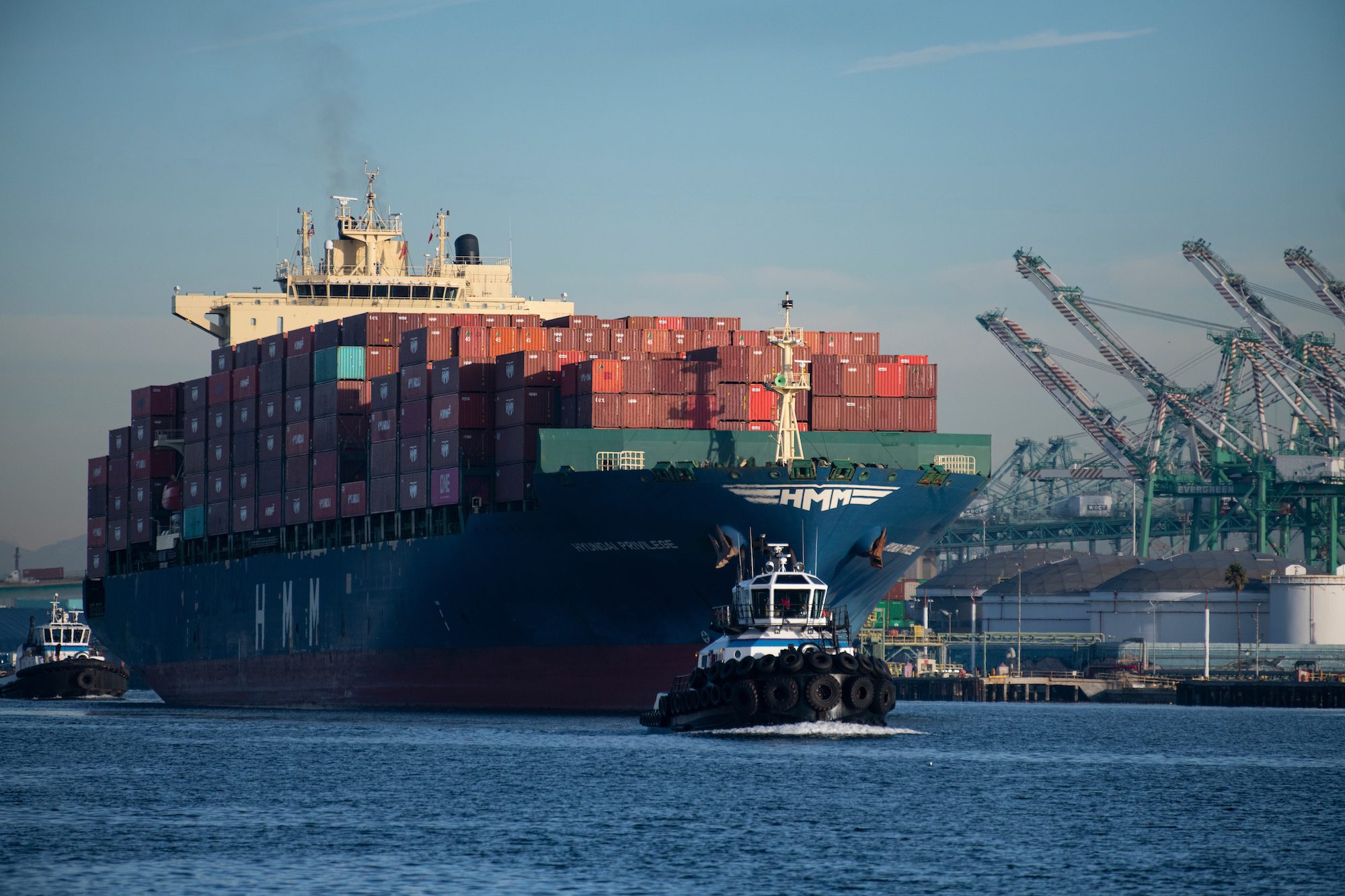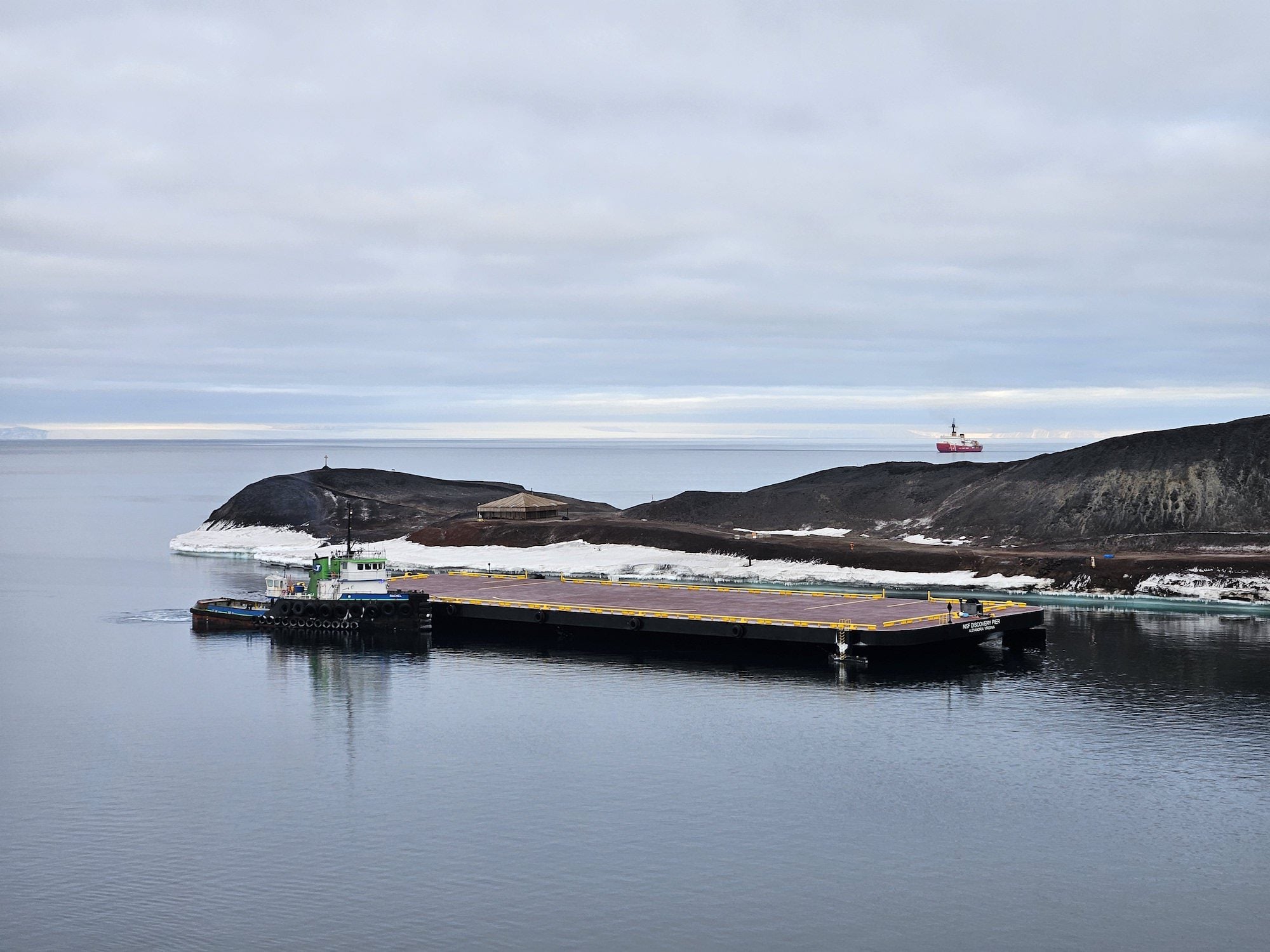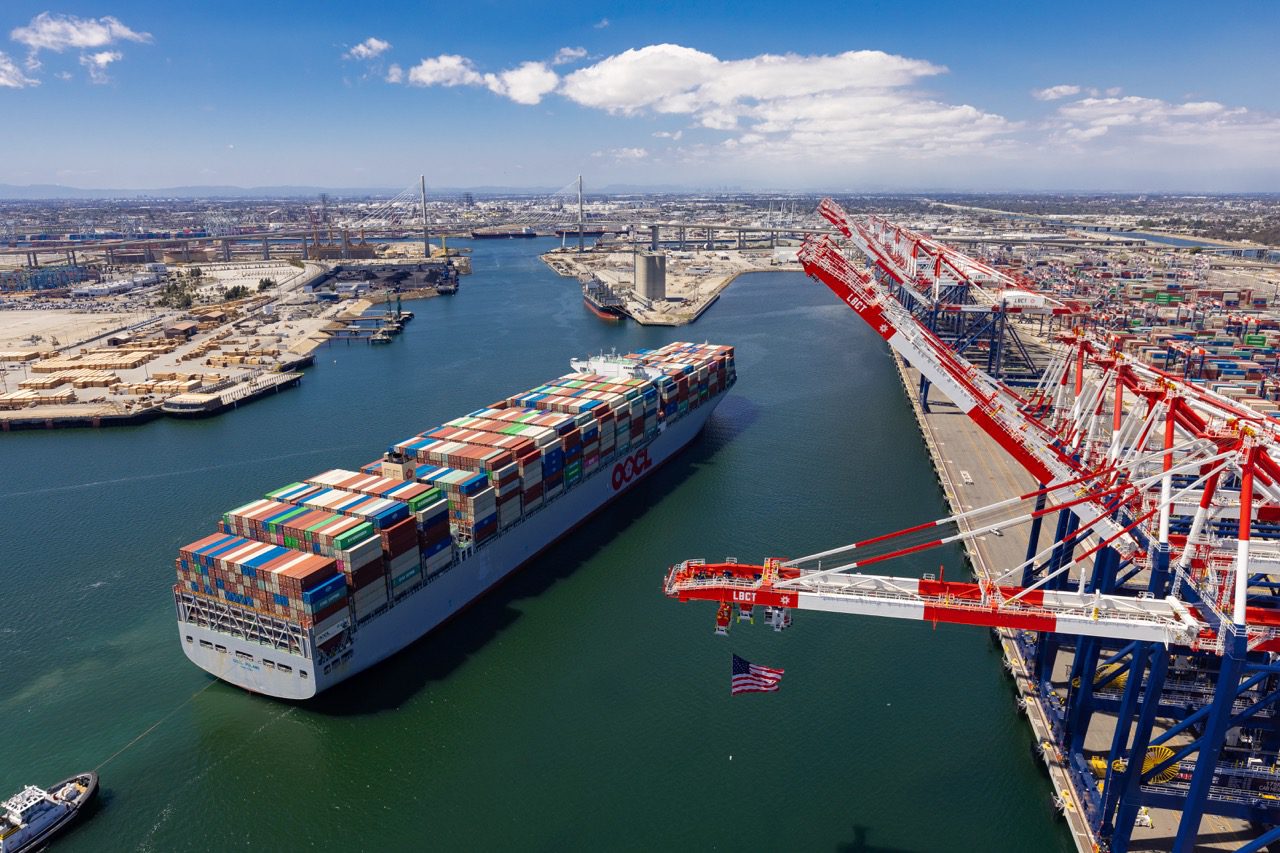The California Senate Transportation Committee has unanimously passed AB 1122, a bill ensuring the California Air Resources Board (CARB) cannot mandate the installation of potentially dangerous equipment like Diesel Particulate Filters (DPFs) on vessels before they’re certified as safe.
The bill was authored by Assemblymember Dr. Jasmeet Bains in response to CARB’s new harbor vessel emissions regulations, which would require vessels in California to upgrade to cleaner engines and install DPFs, despite concerns about their safety and high compliance costs.
Dr. Bains introduced the bill in November in response to concerns from California businesses, workers, and the U.S. Coast Guard, who argue that CARB’s current regulations would force the adoption of untested, unapproved and possibly hazardous technologies. The new legislation will prevent the enforcement of CARB’s latest harbor vessel emissions rules until they’ve been confirmed as safe for mariners and non-disruptive to California port operations.
The Commercial Harbor Craft (CHC) regulation, introduced in 2008 and modified in 2010, has significantly reduced air pollutants by promoting the switch to cleaner engines. However, amendments to the rules by CARB in 2022 expanded requirements for towing vessels to install DPFs, which have been linked with dangerous fires in diesel engine trucks. The cost of compliance for each vessel owner is estimated at approximately $5 million.
Kyle Burleson, Director of State Advocacy for the American Waterways Operators (AWO), testified to the committee this week on the need for rigorous safety checks before new equipment is installed.
“We are asking that before [DPFs] are required to be installed that a standard safety process is followed,” said Burleson. “Whenever new equipment is installed on a vessel, a third-party auditor vets the product to ensure it is safe and will not catch fire under duress. For whatever reason, CARB has bypassed these safety experts.”
“In our 80-year history, our trade association has never asked a legislature to intervene to protect lives onboard a vessel, but that is what is needed because CARB did not act before and we do not expect them to prioritize mariner and workplace safety in the future,” he added.
The bill now proceeds to the Senate Environmental Quality Committee for further deliberation. If successful there and in Appropriations, AB 1122 will be voted on by the Assembly for final approval.
Editorial Standards · Corrections · About gCaptain

 Join The Club
Join The Club










